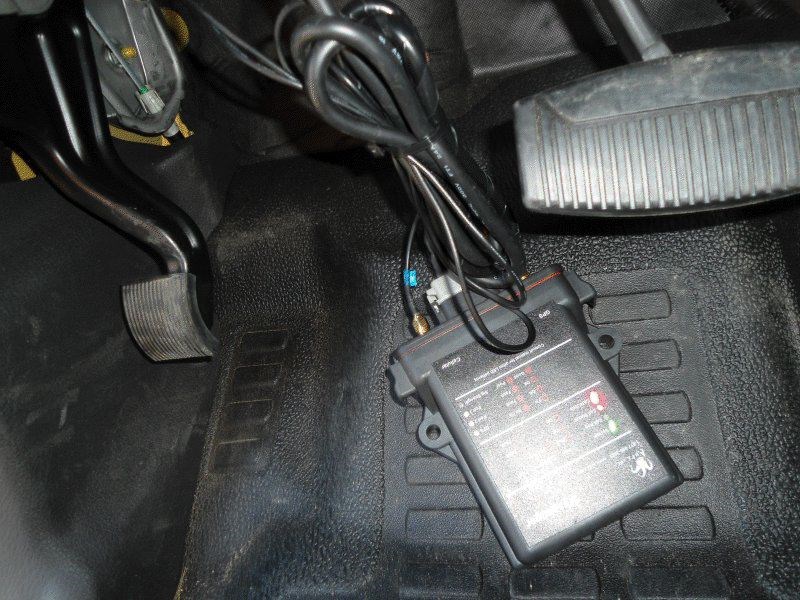A locally-based co-operative of trucking firms and heavy equipment operators has reached a deal to sell carbon offsets to the Pacific Carbon Trust (PCT).
Under the agreement announced this week, members of the Carbon Offset Aggregation Cooperative of B.C. (COAC-BC) will receive $12 to $13 for each tonne of carbon they're able to trim off their emissions.
All told, the 23 members, located throughout B.C., burn about 50 million litres of fuel each year and any reduction from that baseline results in a sale of carbon credits. 1,000 litres releases three tonnes of carbon into the atmosphere. A reduction from that 50 million litre baseline.
"This is a very clear carbon emission reduction program," said COAC-BC chief executive officer George Stedeford on Friday.
Headquartered in Prince George, COAC-BC will help members find ways to reduce those emissions.
"There are hundreds of different methods of trying to reduce fuel, from having the correct tire pressure to trying aerodynamic to trying additives to trying hydrogen," Stedeford said. "So many of our members, they're busy trying to make a living and they have no idea what would give them the best break so we're helping them overcome some of the financial barriers, some of the technological barriers and administrative barriers."
The payback from the carbon offsets will likely be nominal, Stedeford conceded, and added the real savings comes from the reduced fuel consumption.
For a regular truck running 250 days a year and burning 300 litres a day, that adds up to 75,000 a year. Reducing that total by 10 per cent Stedeford will translate into a savings of $8,500 at the pump while the carbon offsets will add up to a further $250 or so.
"The great thing about this program is the members are able to save fuel, and that's where the big money is, and they get some money back for carbon that they've reduced," Stedeford said. "But we can never forget the social value of reducing your carbon footprint."
Two Prince George firms are members - Overhaul Ventures Corporation, a trucking firm, and Wescana Electric - a both have trucks outfitted with sophisticate sensoring equipment meant to gauge mechanical and driver efficiency.
Overhaul owner Doug Pugh used the term "eco-driving" to describe what he's trying to achieve through the drivers of his fleet of five, soon to be six, long-haul trucks. Better braking habits, driving at optimal speeds and knowing when to shift all help, Pugh said.
"We have some pretty good guys now and we're doing some pretty amazing things in terms of fuel economy," Pugh said.
Westcana co-owner Pete Sherba said his company runs 40 to 50 vehicles, so fuel savings and reductions in carbon emissions will add up.
"Our company likes to be green and do the right thing and we're always looking at ways to save money so those guys [COAC-BC] kind of fit the bill for both things," Sherba said.
Bob Simpson, the independent MLA for Cariboo North, has been an outspoken critic of the way PCT operates. Particularly troublesome for Simpson, school districts and hospitals are required to pay into the trust but are denied funding for emission reduction projects while private sector companies receive subsidies from PCT for projects that were on the books anyway.
But he expressed a measure of approval for the arrangement with COAC-BC.
"I think it's probably the only project I've seen that does look like it has an innovative component and does look like it requires offset money in order to go ahead," Simpson said.
However, Simpson said he preferred that COAC-BC had signed on with an offset provider that has clients from outside the province.
"Because the Pacific Carbon Trust now exists, there is an easy way to go get your offsets, when I'd sooner see a legitimate project like that bring dollars into British Columbia from offsets from other sources," Simpson said.
Pacific Carbon Trust chief executive officer Scott McDonald said the deal with COAC-BC meets the goals of creating economic opportunities and reducing greenhouse gas emissions. Transportation is "the largest single source of emissions in B.C." he added in a statement.



